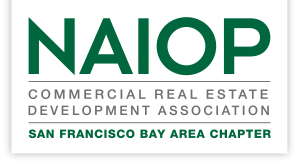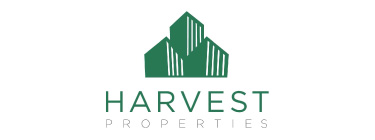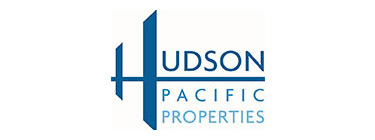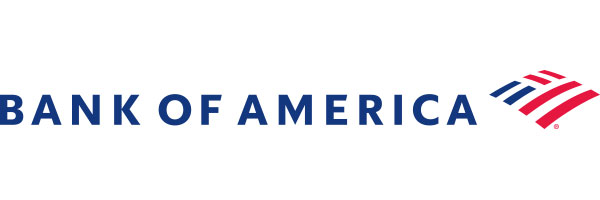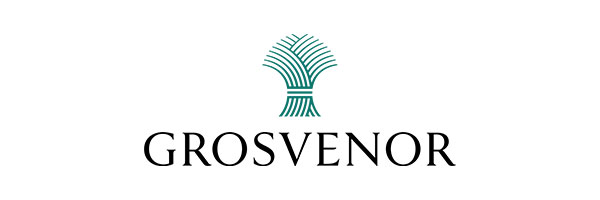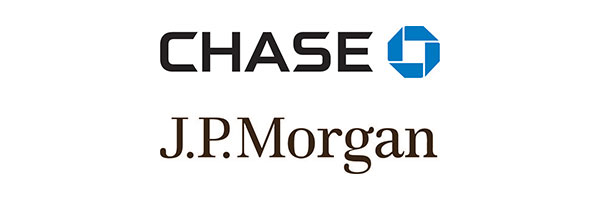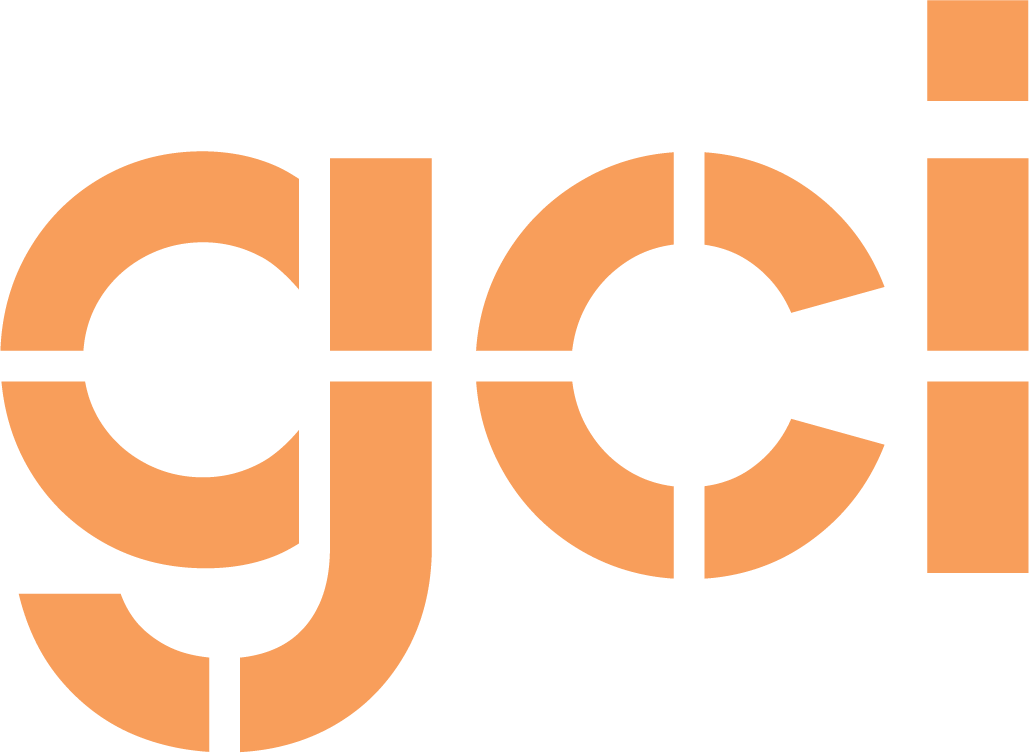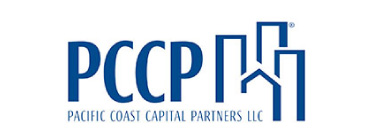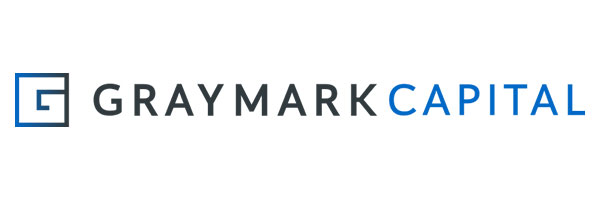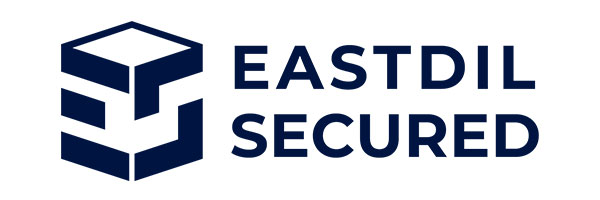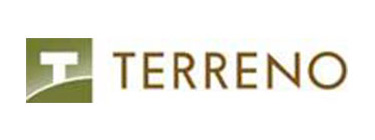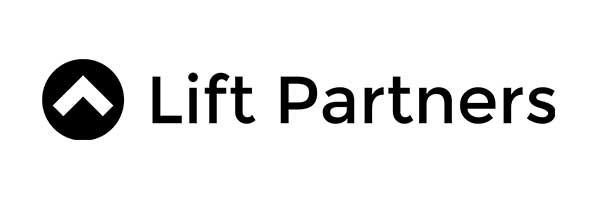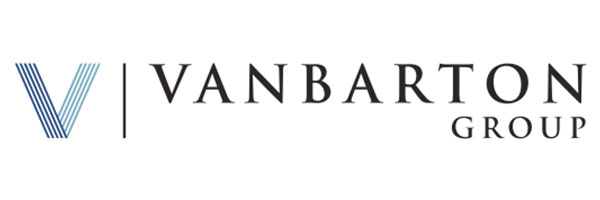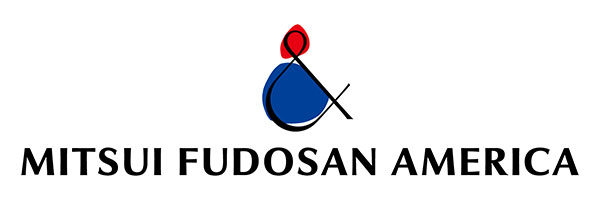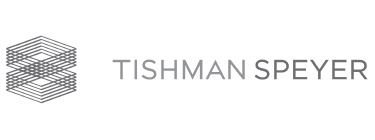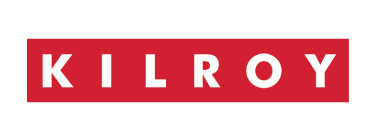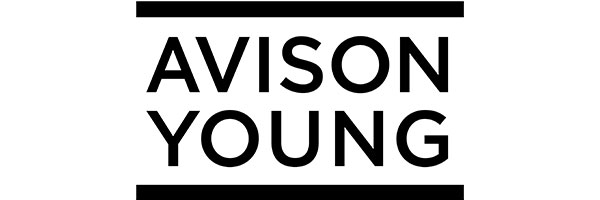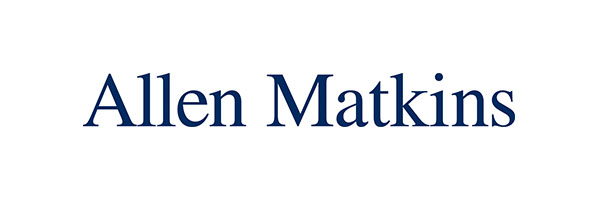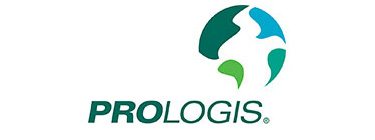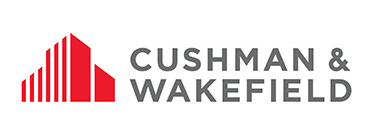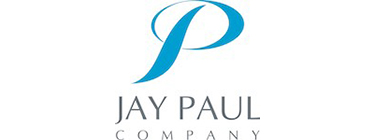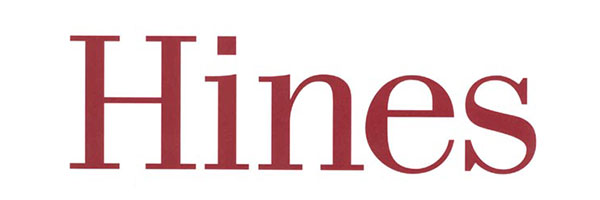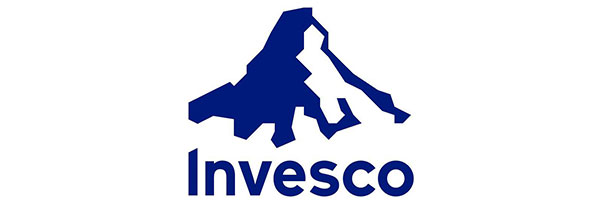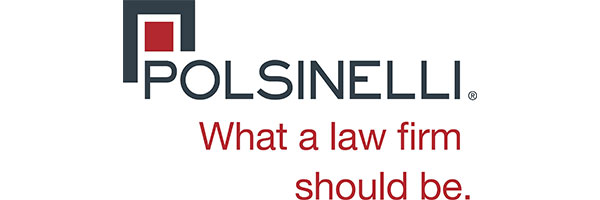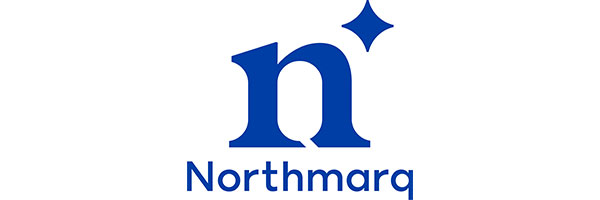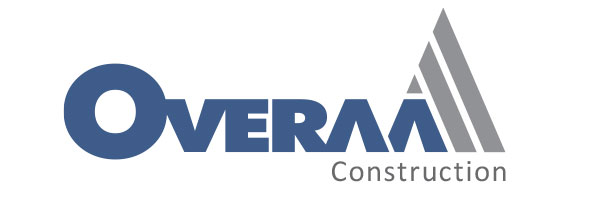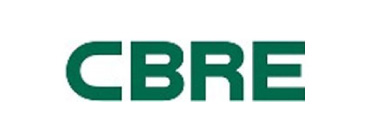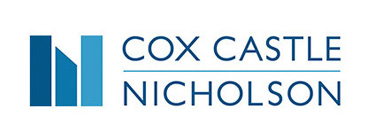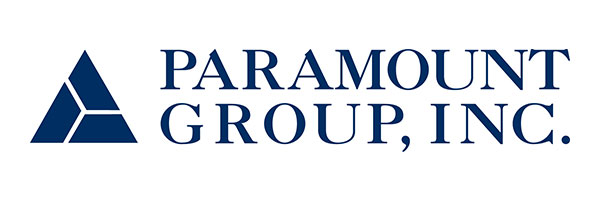CBPA's California Legislative Update 4/23/2021
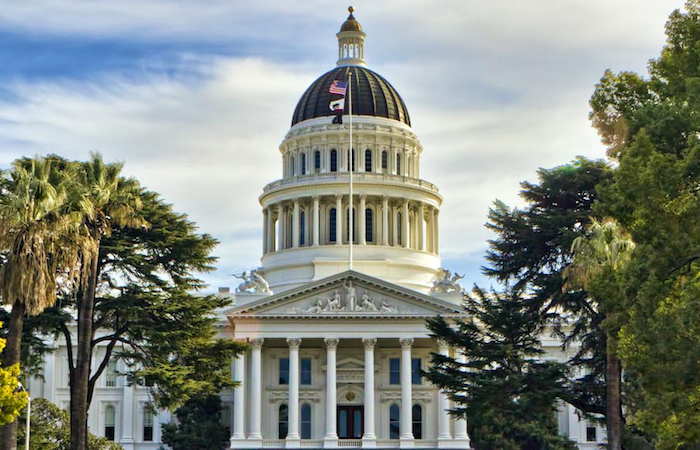
- GOVERNOR SEEKS TO PHASE OUT OIL EXTRACTION – DECLARES DROUGHT
- AB 701 WAREHOUSE WORKER BILL PASSES
- BILL WOULD REQUIRE DELAYED RENT AMENDED
- FIRST HUNDRED DAYS WEBINAR
- STATE HISTORICAL BUILDING SAFETY BOARD APPOINTMENT
- CBPA 2021 CALENDAR
GOVERNOR SEEKS TO PHASE OUT OIL EXTRACTION – DECLARES DROUGHT
In a surprise move, and just days after a similar bill was defeated in the Legislature, Governor Newsom directed the Department of Conservation’s Geologic Energy Management (CalGEM) Division to initiate regulatory action to end the issuance of new permits for hydraulic fracturing (“fracking”) by January 2024.
And even more disturbing, he requested that the California Air Resources Board (CARB) analyze how to phase out oil extraction across the state by no later than 2045.
Click here to read the Governor’s announcement phasing out oil production.
And with “much of the West experiencing drought conditions and California squarely in a second consecutive dry year,” the Governor also declared state agencies to bolster drought resilience and prepare for impacts on communities, businesses and ecosystems.
Click here for the Governor’s Drought Proclamation.
AB 701 WAREHOUSE WORKER BILL PASSES
Yesterday on a strict party-line vote, AB 701 (Gonzalez; D-San Diego), passed the Assembly Labor Employment Committee. All Democrats voted “aye,” while the two Republicans voted “no.” The idea has been run in a previous session and was initially targeted at Amazon logistics centers, the bill now has a much larger scope and attempts to dictate how distribution center employers manage employees by discouraging use of incentive or quotas.
The specific concern our industry cares about, is that the bill will thrust our warehouse tenants and some member companies into a situation where they are targeted by opportunistic lawsuits. AB 701 will create a new private right of action based on vague standards, increase PAGA litigation, create a never-ending presumption of retaliation, and is based on fundamental misunderstandings of performance metrics.
Most jobs, across all industries, have some type of performance or production measurement to assist the employer in meeting the goals and obligations of the business to customers and business partners. There is nothing inherently nefarious about the use of such performance measures, in logistics or any other industry. The disclosure requirements are logistically infeasible for many warehouse operations.
In the warehouse context, employees are generally paid on an hourly basis. Performance measures establish planning goals to meet the requirements of the work that needs to be performed. Some workers may have individualized metrics they try to achieve, some may have metrics assigned to their entire team or their shift, or some may have no metrics at all. The variety here is considerable – making a one-size-fits-all notice requirement infeasible.
Beyond warehouse operations, this idea will quickly spread to other job classifications in our industries that are required to perform certain tasks – like clean a certain number of square feet.
BILL WOULD REQUIRE DELAYED RENT AMENDED
AB 255 (Muratsuchi; D-Torrance), dubbed the “COVID-19 Emergency Small Business Eviction and Rent Relief Act,” and seeks to require one business in a valid private contract to withhold payments for commercial rent owed to another business until August 2022, was amended this week to remove the perjury provisions in the bill.
This is a concerning development as it will be very difficult to hold a business accountable that doesn’t provide a full accounting of fiscal issues related to a request for delayed rent.
We continue to agree with the author that the state mandated COVID-19 shelter-in-place orders have had negative impacts on businesses, but we do not agree with the approach this bill takes to address the issue. All other relief measures provide state and/or federal funds, which the state has received in the billions.
AB 255 simply declares that one business can delay paying a valid business expense to another business which effectively voids a valid existing contract and will, in many cases, mean the debt is never collected.
Trying to legislate around the bill’s lack of funding, AB 255 creates a conflict with both Contractual Law and presents a Constitutional Takings concern.
The state’s own COVID-19 Small Business Relief Grant (SB 87) allows small businesses the ability to receive state assistance while prioritizing their own fiscal priorities. With more funding, that program can immediately help the same businesses targeted in AB 255 without creating negative unintended consequences.
In terms of practical impacts, AB 255 provides a perverse incentive for a business to relegate rent obligations to the last payment a qualified company makes until Aug 2022; even more concerning is that it would allow a company that has received funding from the state/federal government to use that funding for all other debt obligations including taxes owed to the state/federal governments while prioritizing rent to the bottom.
Rent is business income that is used to pay janitors, landscapers, mechanical technicians, maintain the building, upkeep landscaping, pay employees, taxes, Worker’s Comp, insurance, the mortgage, and do all the other things required of a business in the state of California. This bill singles-out and denies that revenue to certain companies.
The state has already acknowledged that it has an important role to play in helping BOTH tenants and property owners recover from the economic impacts of this pandemic and have worked to fund a variety of programs that allow companies to receive assistance and cover their expenses. Unfortunately, AB 255’s differing approach from these other measures, while well-intentioned, creates unacceptable and unintended consequences and sets bad precedent.
We are continuing to work with the author and committee to come up with alternative solutions. Click the bill to read the actual bill language: AB 255
FIRST HUNDRED DAYS WEBINAR
The International Council of Shopping Centers is inviting you to join a webinar that will discuss national policy developments and their potential impact on the retail real estate industry, including potential tax increase on like-kind exchanges, capital gains and carried interest.
Moderated by Betsy Laird, ICSC’s Senior Vice President, Global Public Policy, the webinar will also include David E. Franasiak, Principal, Williams & Jensen; Phillips Hinch, Vice President,
Tax Policy, ICSC; and Spencer G. Levy, Chairman, Americas Research & Senior Economic Advisor, CBRE
This webinar is on April 27, 11:00 a.m. pacific and is free for ICSC members and non-members are welcome with a small fee. Advance registration is required. Click here for more info: “The First 100 Days & Beyond: Policies Impacting CRE”
STATE HISTORICAL BUILDING SAFETY BOARD APPOINTMENT
The State Historical Building Code (SHBC) was created by legislation in 1975 giving authority to the State Historical Building Safety Board to write regulations, and have consultation, review and appellate functions for code and regulation issues relating to qualified historic buildings, structures and properties.
Our industry, through the Building Owners and Managers Association of California Board has authority to appoint a representative to this board, and BOMA Cal is seeking qualified individuals to apply. Click here to read more about the role of the SHBSB.
Contact Rex W. Hime to express interest of having your name considered for this appointment by the BOMA California Board at their meeting in June, rhime@cbpa.com. Please contact Rex no later than May 14 to allow the board an appropriate time to vet the interested parties.
CBPA 2021 CALENDAR
Thursday, April 8, 2021
Industrywide Legislative Committee Meeting
Zoom
Tuesday-Wednesday, June 8 – 9, 2021
California Commercial Real Estate Summit
& CBPA Annual Board Meeting
Zoom
Thursday, October 21, 2021
Industry Awards Dinner
The Renaissance Hotel, Newport Beach
Thursday-Friday, December 2 - 3
Strategic Issues Conference & CBPA Board Meeting
Embassy Suites, Napa Valley
For more information on any of our events, please contact Melissa Stevens at 916-443-4676 or mstevens@cbpa.com.
